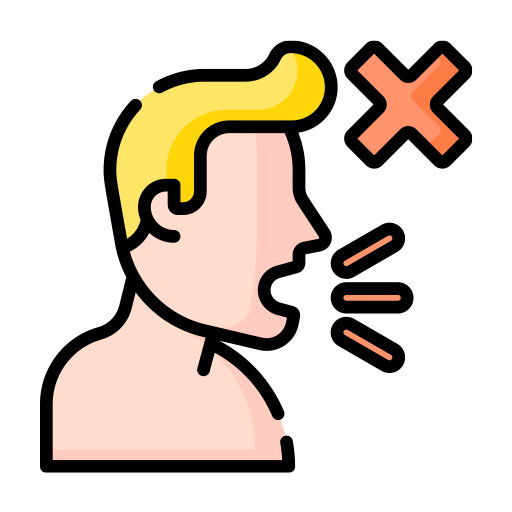Virtual Connections Member Policies
Welcome! We are glad you are joining us.
Please review our guidelines to ensure a great experience for all.
Please review our guidelines to ensure a great experience for all.
Microphones are very sensitive — If you can hear it, we can hear it!
The following policies apply when caregivers are attending sessions with their loved one with aphasia.




